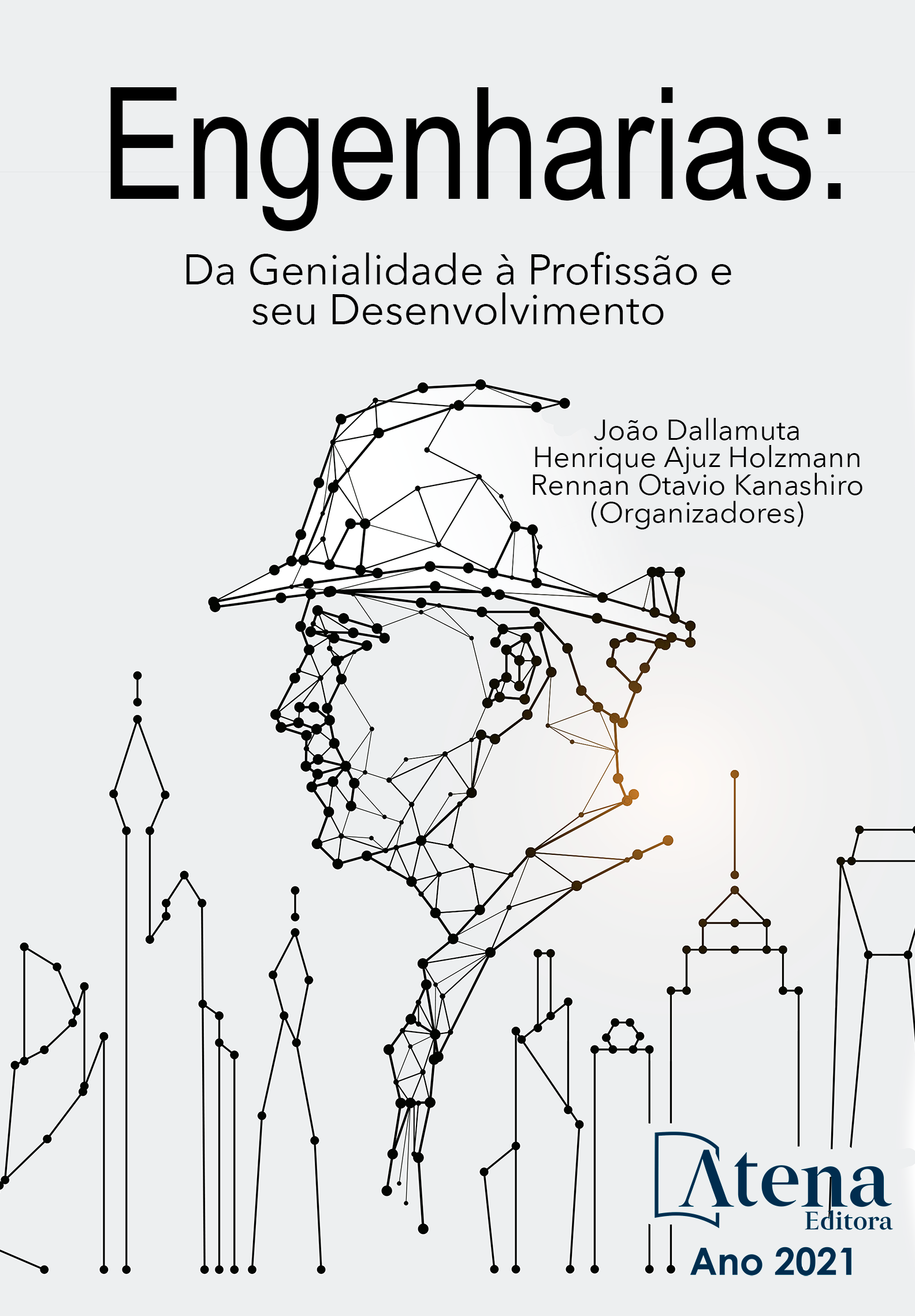
TESTES DE CISALHAMENTO SIMPLES PARA ANÁLISE DA INTERFACE ADESIVA CONCRETO/ PRF ATRAVÉS DE ESTUDOS NUMÉRICOS
O uso de materiais poliméricos reforçados com fibras (PRF) em reforços estruturais é limitado devido à sua falha por descolagem repentina e precoce, o que pode comprometer a segurança da estrutura. Nos diversos estudos sobre estruturas reforçadas a flexão e ao cisalhamento os esforços ao cisalhamento são mais nocivos à estrutura reforçada e são capazes de causar com mais facilidade o descolamento do compósito do que em estruturas reforçadas à flexão. Este artigo tem como objetivo avaliar, por meio de simulações numéricas, as características do deslizamento da interface concreto/PRF submetidas a esforços de cisalhamento. Foi utilizado o teste de cisalhamento simples (Pull-Out Test ou Single-Shear Test) para avaliar tal situação, que consistiu em aplicar uma força de tração no PRF aderido em um prisma de concreto. Desenvolveu-se um modelo numérico 3D com o software ABAQUS, com a geometria, condições de contorno e propriedades do material conforme ensaios experimentais. O modelo CDP (Concrete Damage Plasticity) foi utilizado neste trabalho para modelagem do concreto. O material polimérico usado foi o PRFC (Polímero Reforçado com Fibra de Carbono). O modelo ortotrópico elástico linear foi adotado para os materiais poliméricos e um modelo de superfície coesiva para a interface (adesivo). Os resultados numéricos foram validados com base em dados experimentais e apresentaram grande semelhança. A evolução do dano foi da extremidade carregada do PRFC até a extremidade livre, mostrando um desempenho semelhante em todas as simulações. A descolagem do reforço foi a principal falha do sistema. O material de reforço que resistiu maior carga no sistema, maior resistência ao cisalhamento e a descolagem foi o PRFC. Observa-se que dificilmente será atingido a ruptura do PRF, pois ocorre primeiramente o colapso da camada adesiva.
TESTES DE CISALHAMENTO SIMPLES PARA ANÁLISE DA INTERFACE ADESIVA CONCRETO/ PRF ATRAVÉS DE ESTUDOS NUMÉRICOS
-
DOI: 10.22533/at.ed.71821120520
-
Palavras-chave: Cisalhamento simples. PRF. ABAQUS. Descolamento. Simulação Numérica
-
Keywords: Simple shear. FRP. ABAQUS. Debonding. FE simulations
-
Abstract:
The use of fiber-reinforced polymeric materials (FRP) in strengthened structures is limited due to their failure by early debonding, which can compromise the safety of the structure. In various studies about flexural and shearing strengthened structures, shearing stresses are more harmful to the strengthened structures and they are able to cause debonding of the composite more easily than in structures strengthened to bending. This article aims to evaluate, through FE simulations, the sliding characteristics of the concrete / PRF interface submitted to shear forces. The Pull-Out Test (or Single-Shear Test) was used to evaluate this situation, which consisted of applying a tensile force to the PRF adhered to a concrete prism. A 3D numerical model was developed with the ABAQUS software, with the geometry, boundary conditions, and material properties according to experimental tests. The CDP (Concrete Damage Plasticity) model was used in this work for modeling concrete. The polymeric material used was the CFRP (Carbon Fiber Reinforced Polymer). The elastic orthotropic model was adopted for polymeric materials and a cohesive surface model for the interface (adhesive). The numerical results were validated based on experimental data and showed great similarity. The evolution of the damage was from the loaded end of the CFRP to the free end, showing a similar performance in all simulations. The debonding of the strengthening was the main failure of the system. It is observed it will be difficult to reach the rupture of the FRP, as the adhesive layer collapses first.
-
Número de páginas: 15
- Maicon de Freitas Arcine
- Nara Villanova Menon


